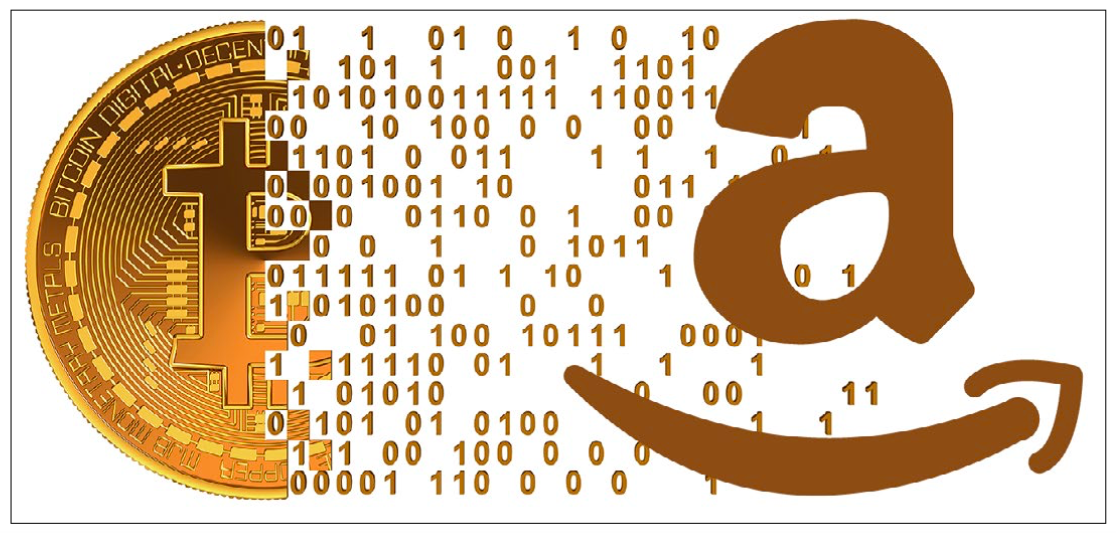Immutability as a Service
| Crypto Words has moved! The project has migrated to a new domain. All future development will be at WORDS. | Go to WORDS |
Immutability as a Service
By Aleksander Svetski
Posted November 26, 2019
Bitcoin network = “IaaS” (not SaaS)

“Bitcoin provides immutability as a service”
There are not many applications in the world that need immutability, and perhaps only a couple that need to build immutability as part of their core stack. It’s just too expensive!
Now…If we view immutability as a service — one that any application in the world can “anchor” or connect to, then we begin to reframe how we view Bitcoin, i.e.; as a broader network that settles transactions or states with value associated to them.
An example here will help.
There is NO reason (or very little reason) that any company (tech or otherwise) today needs to buy, host and maintain its own server infrastructure. It’s costly and it makes up only a fraction of what matters in their actual business. So they use a cloud-based service such as AWS.
You’ll also note that because of the economies of scale; there are only three real options:
- AWS
- Azure
Why?
They got in early and they poured billions upon billions into it.
Immutability is similar (but also different).
Similar because the infrastructure required to make something truly digitally immutable is extraordinary (perhaps even more than all of the combined infrastructure that AMZN, MSFT and GOOG operate), and it only makes sense that people will anchor to it as and when they need to.
Different because it’s not something that can be run by one or a few parties. A concept like immutability (and things that inherently need it, i.e.; money) are only so if broadly owned. In other words; the more distributed and decentralized the architecture and higher the number the owners, validators and nodes, the more robust, costly and therefore immutable it is. Should one (or a few) entities manage all of it; it then undermines the value proposition and defeats the entire purpose.
The Immutable Network
Immutability as a service is what will bring more economic activity to the Bitcoin network in the long run, again; similar to the internet. The internet started off as a way to connect computers at a distance, and over time (as more people used and trusted it) it evolved into this new communication network that provides data / packet routing as a service. We built everything on top — and the innovation has been extraordinary.
The next step is baking monetary value into a protocol owned by the collective, whose core tenet is absolute digital immutability. A network where you can’t turn back time (like in the real world).
All of the economic value from applications that require this feature, along with any broader monetary / banking / capital or financial applications that require an absolute guarantee of the following key functions:
- Send
- Store
- Receive
Will accrue on it.
And as I’ve stated ad-nauseum, the more economic activity that occurs on and on top of the Bitcoin network, the more immutable and secure it will become. It’s compounding, it is self reinforcing, it has already hit a critical mass, and it’s now a runaway train.

Bitcoin is the autonomous digital network with the highest possible guarantee of the three core functions of money & finance.
Other consensus mechanisms
There are, and there will continue to be lots of other consensus mechanisms created. Some that might work; most that definitely won’t.
They may be used on their own networks, for applications that are either private, proprietary; or for applications that don’t require an absolute guarantee of immutability and security.
I personally don’t believe any money- related or high value applications will run on their own networks (except in vain over the next as this space evolves) because networks, especially those where the broad population participate, generally converge to unity.
It’s why we largely have one internet; one set of protocols for email; why we all use AC power; why, within a particular jurisdiction; the network of language converges to one, and similarly so with money (there is one USD in USA, likewise one AUD in AUS).
In fact — we see this as the world’s become more “global”.
English hit it’s critical mass, attained the primary network effect and it’s now more functional to speak English in most places around the world.
Aside from converging to unity due to efficiency and practicality, the world can probably only sustain ONE absolute, immutable, uncensorable, secure proof of work chain — because it’s expensive!
This chain is likely (at this stage at least) to be Bitcoin.
If we had to run proof of work for everything; we’d destroy the planet (plus it assumes nobody trusts each other for anything, which is a bigger problem anyway), and;
a) If someone wants to use it as a service; they’re going to go to the one that’s got the highest guarantee. That in itself will increase that network’s guarantee; leading to that self-reinforcing recursive effect I described earlier.
b) Furthermore; if you do have a novel, “light” consensus mechanism, that’s fast — you could in future anchor it to something like Bitcoin as and when you need to substantiate any claim or make a final judgement.
It’s this line of logic that leads me to believe most of the economic value will be swallowed up by the Bitcoin Network over the long term, not to mention the new concepts and innovations that will emerge using the ingredients of immutability and verification — like how facebook and instagram emerged from the internet.
In the next chapter, we’re going to explore the idea of Bitcoin as a new “Monetary Operating System”. Think of it like a computer operating system, eg; MacOS.
We can call it the BoS (very fitting).
Download the full guide at:
| Crypto Words has moved! The project has migrated to a new domain. All future development will be at WORDS. | Go to WORDS |